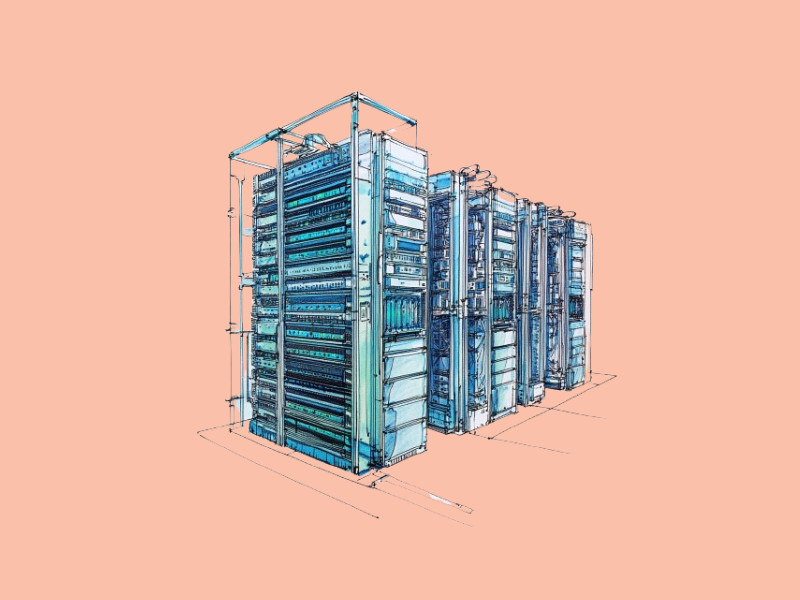OpenAI’s highly anticipated Stargate project has hit a wall. After being touted as a significant development that will support advanced AI infrastructure, the initiative now faces serious delays.
This is caused by a combination of rising tariffs, market instability, and hesitant investors. Reports from Bloomberg indicate that economic uncertainty due to tariffs has created new challenges.
These setbacks could force OpenAI to pause or revise its data center expansion strategy in both the U.S. and abroad.
What Is The Stargate Project?
Stargate is OpenAI’s proposed large-scale data center network, expected to cost around $500 million.
The project is intended to support future generations of AI models, which require immense computing power.
To fund it, OpenAI turned to major investors, however, that strategy now appears less certain.
Tariffs Push Costs Higher
One major issue is cost. According to an analysis by TD Cowen, tariffs could raise the price of key components by 5% to 15% due to the essential items (server racks, cooling systems, specialized chips, and networking hardware) for building efficient and scalable data centers.
These tariffs increase the overall build cost, making investors more cautious.
SoftBank Yet To Act
SoftBank initially expressed interest in funding Stargate. In January, the firm signaled a willingness to invest significant capital, however, Bloomberg reports that SoftBank has yet to finalize a financing model or begin serious talks with other backers.
This delay could mean many things, but it is certain that without a strong financial framework, even high-profile projects may not take off.
Investors Pull Back
Investor sentiment is also shifting; many now see the AI market as saturated or overvalued. There are also increasing concerns about overcapacity in data center infrastructure.
This comes in tow of several tech giants, like Microsoft and Amazon, scaling back similar projects in favor of a more calculated approach.
Their decisions reflect larger concerns about demand and return on investment.
Overcapacity And Efficiency Concerns
Investors fear that too much capacity could lead to underused facilities. Idle data centers are costly; they consume power and require maintenance, whether in use or not.
Therefore, many are calling for smarter planning because efficiency, not just expansion, is now a top priority.

